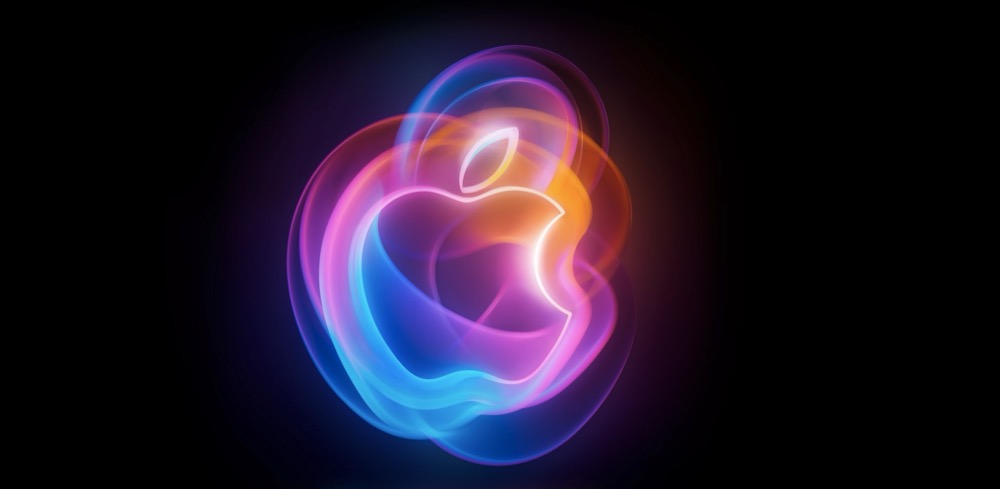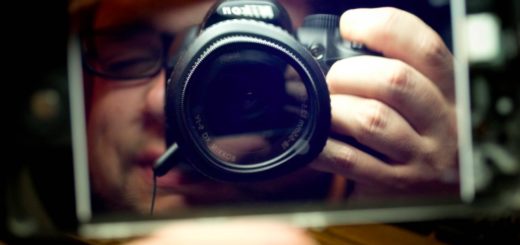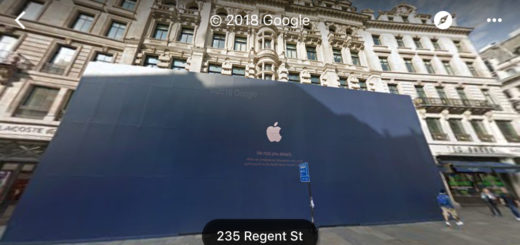Why Apple is about to hit a new AI iPhone (and Mac) ‘supercycle’

Screenshot
The AI with everything marketing push is in full swing, and while dystopia now appears to be just one or two bad algorithms away, I do think there’s a little bit of wish fulfilment in some of the predictions being made.
Particularly around AI smartphones.
IDC recently said it expects smartphone sales to grow 5.8% over the next 12 months, mainly as a result of growing Android sales, but also as a result of Generative AI.
The analysts say that affordable Android devices are breathing life into that platform and predict 7.1% growth in that market this year as compared to 0.8% for iOS.
I think that the iOS prediction may be a little off.
Fortunately, as it’s always good to have butter on both sides of your bread, IDC thinks that too, saying:
“There is a potential upside to the iOS forecast with a lot depending on how well the demonstrated GenAI use cases play out in the upcoming iPhone 16 launch and how soon Apple can establish local AI partnerships in China.”
IDC also said it anticipates Apple will experience 4% growth next year.
Eat the beat
It is AI smartphones that will set the beat in the year ahead, the analysts said, predicting these would occupy 18% of the market next year, with sales up 344%. That chimes pretty well with the marketing push we’re seeing across AI generally,
“However, GenAI-capable devices won’t come cheap initially, as the average selling price for these GenAI smartphones will be more than double the cost of non-GenAI capable devices, further driving the premiumization trend,” IDC said.
But there’s a one more thing moment I don’t think has been considered in the analysis – and that’s the iPhone SE. Apple is expected to ship the more affordable iPhone SE around spring 2025. When it does, the company will be digging deep into the mid-range market with a device we all believe will run Apple Intelligence, including a chip powerful enough to do just that.
What about the iPhone SE?
Now we know, because we’ve seen it before, that there is a strong market for the iPhone SE, and we’ve also seen spikes in iPhone sales following the introduction of a new model in the range. What’s different is that next year’s model will hit an upgrade-hungry market with around 400 million people ready to upgrade their iPhone next year. This will include many who have got by in the second user market until now.
To realize the potential gains available here, Apple will need to convince everyone that the AI solutions it has put in place are great and will also need to evangelize hard on its messages around privacy, security, and energy use.
That push starts September 9 when the company will attempt to woo the planet with its new iPhones and will see a huge increase in intensity when the iPhone is followed up by insanely great new Macs later on this year.
The unique AI platform
When announcing the new Macs Apple will be able to make the point that this means it is now unique in the AI space in offering a complete range of connected and integrated devices all of which run Apple Intelligence. The point it will be empowered to make is that no one else, no other platform, has been able to bring to market an already AI-ready ecosystem. From smartphone to AirPods, from Mac to tablet, Apple’s is the only ecosystem with discreet, private AI baked inside.
That argument will be compelling to millions of people, particularly those concerned at the dystopian abuse of AI in combination with personal data.
All things considered, don’t be too surprised if analyst Daniel Ives’ “Supercycle” prediction that Apple’s devices will be running 25% of the world’s AI proves to be correct. And I think it could be more.
Please follow me on LinkedIn, Mastodon, or join me in the AppleHolic’s bar & grill group on MeWe.





The idea that AI smartphones will dominate the market next year is bold, but Apple’s potential advantage with its iPhone SE and broader AI integration cannot be overlooked. If Apple can effectively market its AI-driven features and address concerns about privacy and security, it might gain more traction than current forecasts suggest. The concept of a unified, AI-ready ecosystem across Apple’s devices could resonate strongly with consumers wary of AI’s darker possibilities. I’m curious to see if Apple’s strategy will indeed lead to the “Supercycle” predicted by analyst Daniel Ives or if the market dynamics will shift in unexpected ways.